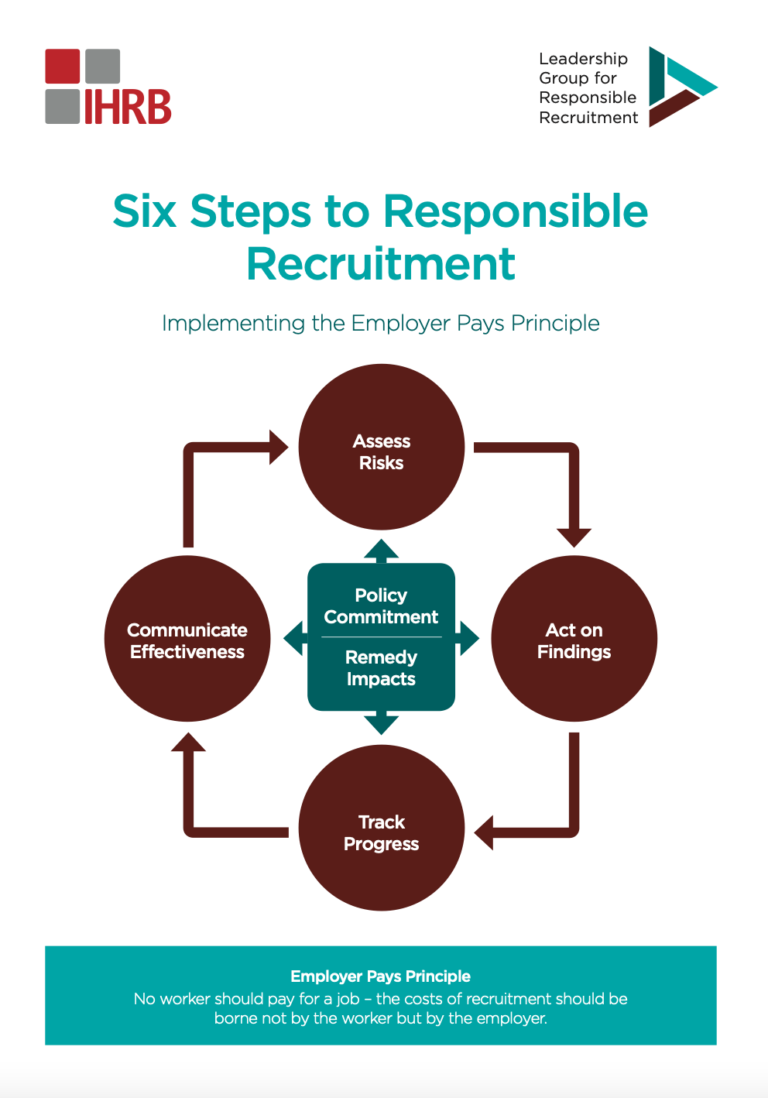Combatting Human Trafficking since Palermo: What Do We Know about What Works?
GuidanceIn 2016, there were an estimated 40.3 million victims of modern slavery in the world, more than were enslaved during the Transatlantic Slave Trade. Since the adoption of the 2000 UN Trafficking Protocol, numerous efforts from inter-governmental a...Read More

